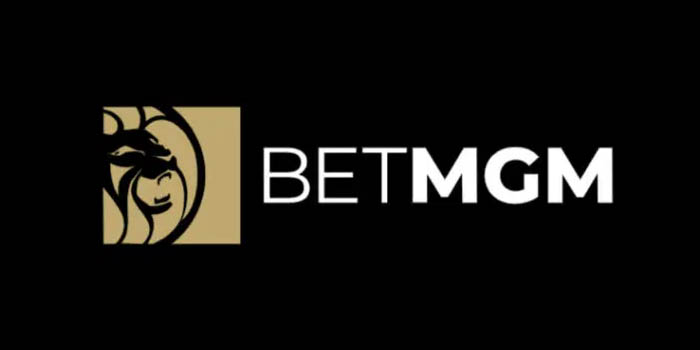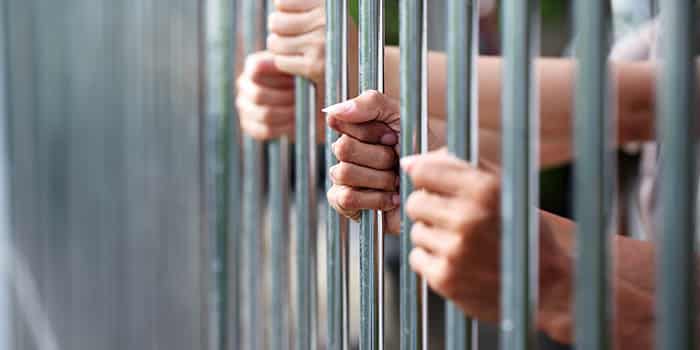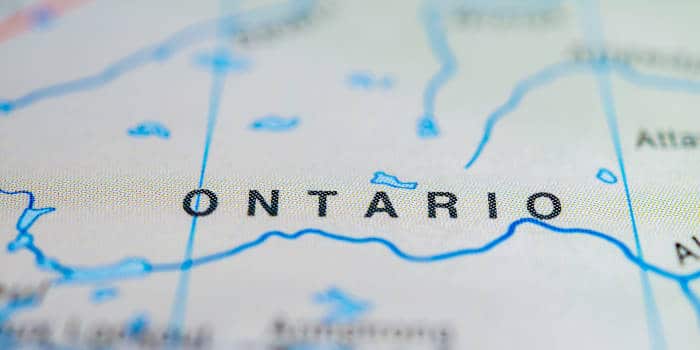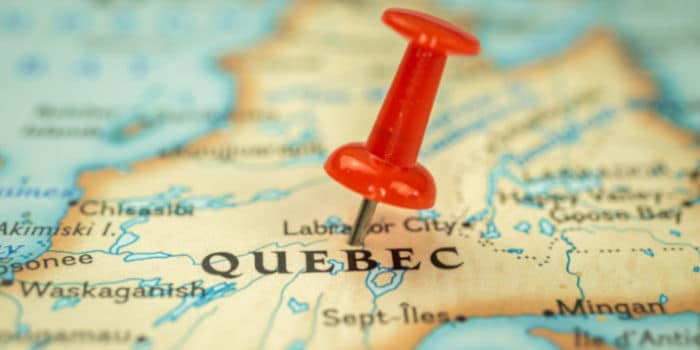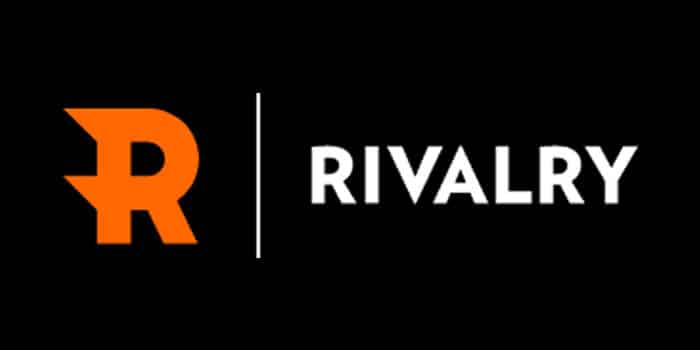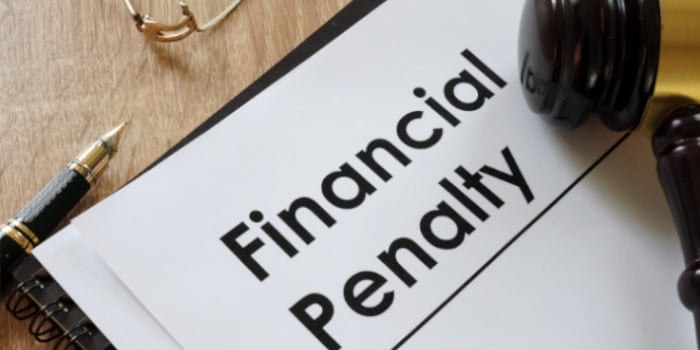- Casino
- By State
- Alabama
- Alaska
- Arizona
- Arkansas
- California
- Colorado
- Connecticut
- Delaware
- Georgia
- Florida
- Hawaii
- Idaho
- Illinois
- Indiana
- Iowa
- Kansas
- Kentucky
- Louisiana
- Maine
- Massachusetts
- Maryland
- Michigan
- Minnesota
- Mississippi
- Missouri
- Montana
- Nebraska
- Nevada
- New Hampshire
- New Jersey
- New Mexico
- New York
- North Carolina
- North Dakota
- Ohio
- Oklahoma
- Oregon
- Pennsylvania
- Rhode Island
- South Carolina
- South Dakota
- Tennessee
- Texas
- Utah
- Vermont
- Virginia
- Washington
- West Virginia
- Wisconsin
- Wyoming
- By State
- Slots
- Poker
- Sports
- Esports
Former B.C. Minister Accused of Links to State Casino Money Laundering Operations

Former RCMP officer in charge of illegal anti-illegal gaming unit Fred Pinnock has levied accusations against former B.C. minister for allegedly facilitating money-laundering at state casinos.
Former Minister in Charge of Gambling in B.C. Faces an Inquiry
Rich Coleman, a former British Columbia minister responsible for gambling, may have assisted criminal organizations with money-laundering operations in the province’s casinos back in 2009 said Fred Pinnock, a Royal Canadian Mounted Police (RCMP) officer, who testified as part of an inquiry, as reported by Global News Canada.
According to the officer, senior B.C. Mounties were also complicit, the Cullen Commission heard on Thursday from Pinnock himself.
As head of the anti-illegal gaming unit at the time, Pinnock had interest in expanding the reach of the organization, facing challenges from illegal gambling organizations already “out of control.” He found himself cornered, though, as his superior in the RCMP and the Gaming Policy and Enforcement Branch were reluctant to mobilize more resources, Pinnock added.
He was so stressed at one point that he decided to take a medical leave back in December 2007. It was only a year before the unit was disbanded by the government.
Pinnock said that he wanted to liaise with Coleman and express his disagreement with the decision to shut the division down and requested assistance from B.C. Liberal MLA Naomi Yamamoto, with whom Pinnock was romantically involved according to Global News.
Yamamoto tried to deliver a message from Pinnock but, according to him, she was publicly criticized for trying to broach the topic. Pinnock then reached out to a media outlet and described the shutdown of the unit as ruinous to the integrity of the province.
Pinnock was positive at the time that Rich Coleman knew that some form of illegal gambling was taking place he said quoted by the media outlet. Pinnock, however, had no recordings of the meeting he had with Kash Heed, another involved party, who suggested that Coleman was aware of the irregularities.
The officer further confirmed that he had not to questioned Coleman about any of the allegations he brought up during the hearing. Coleman for his part has flatly denied all allegations and especially any allegation that he would ignore crime in B.C. casinos.
Anti-Illegal Unit and Lottery Corp Casinos: Trying to Get Along
Pinnock said that while the RCMP had given his unit the freedom to tackle organized crime, he was advised that he should get on with Lottery Corp. casinos and only focus on illegal operators.
Pinnock added that his unit was ostracized from state casinos and was not expected to have any presence in those locations. Following the disbandment of the anti-gambling unit in 2009, Canada was without a crime-fighting unit focused on illegal casinos at least 2016.
The hearing is part of an inquiry which is tasked with establishing whether any type of corruption and specifically money laundering took place at B.C. casinos. It’s alleged that cash transactions of over $100,000 per buy-in were flying around at Vancouver casinos in the 2010s.
The inquiry was told that Lottery Corp. staff was okay with VIP gamblers to receive cash from loan sharks, which were under investigations in 2012 by the RCMP, in order to colour around the lines of established federal AML provisions.
The investigation is ongoing and at this point, it’s Pinnock’s word against Coleman’s. Meanwhile, the Canadian tax agency is looking for $1.2 million from a poker player and a WSOP winner. Elsewhere in Canada, Ontario is discussing to allow private gaming operators in the province.
Related Topics:
Mike made his mark on the industry at a young age, consulting for companies that would later become regulators. As one of the lead editor of Gambling News, he dedicates his weekdays to this project, aiming to educate the masses on the latest developments in the gambling circuit. His expertise and passion for the industry make him an invaluable asset to our team.
Must Read
More Articles



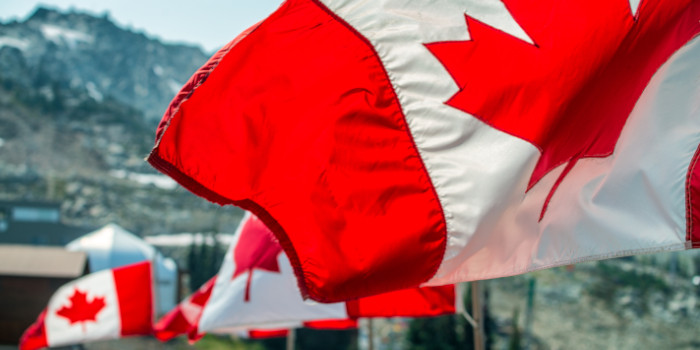
Casino
July 14, 2025
Number of Canadian Travelers to the US Slumps Again

Lottery
June 23, 2025
North Bay Lottery Ticket Scores Huge $34M Jackpot
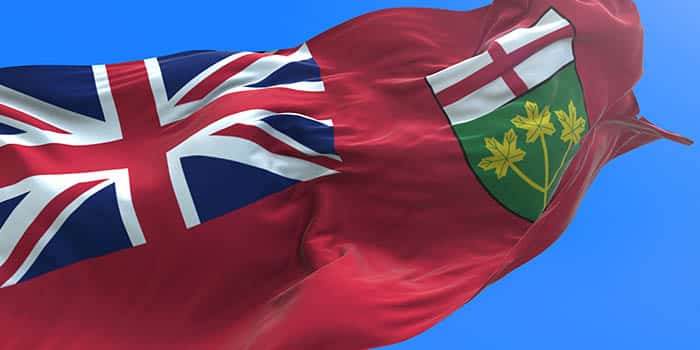
Industry
June 23, 2025
Illegal Gambling in Ontario Has to Go AG Says



